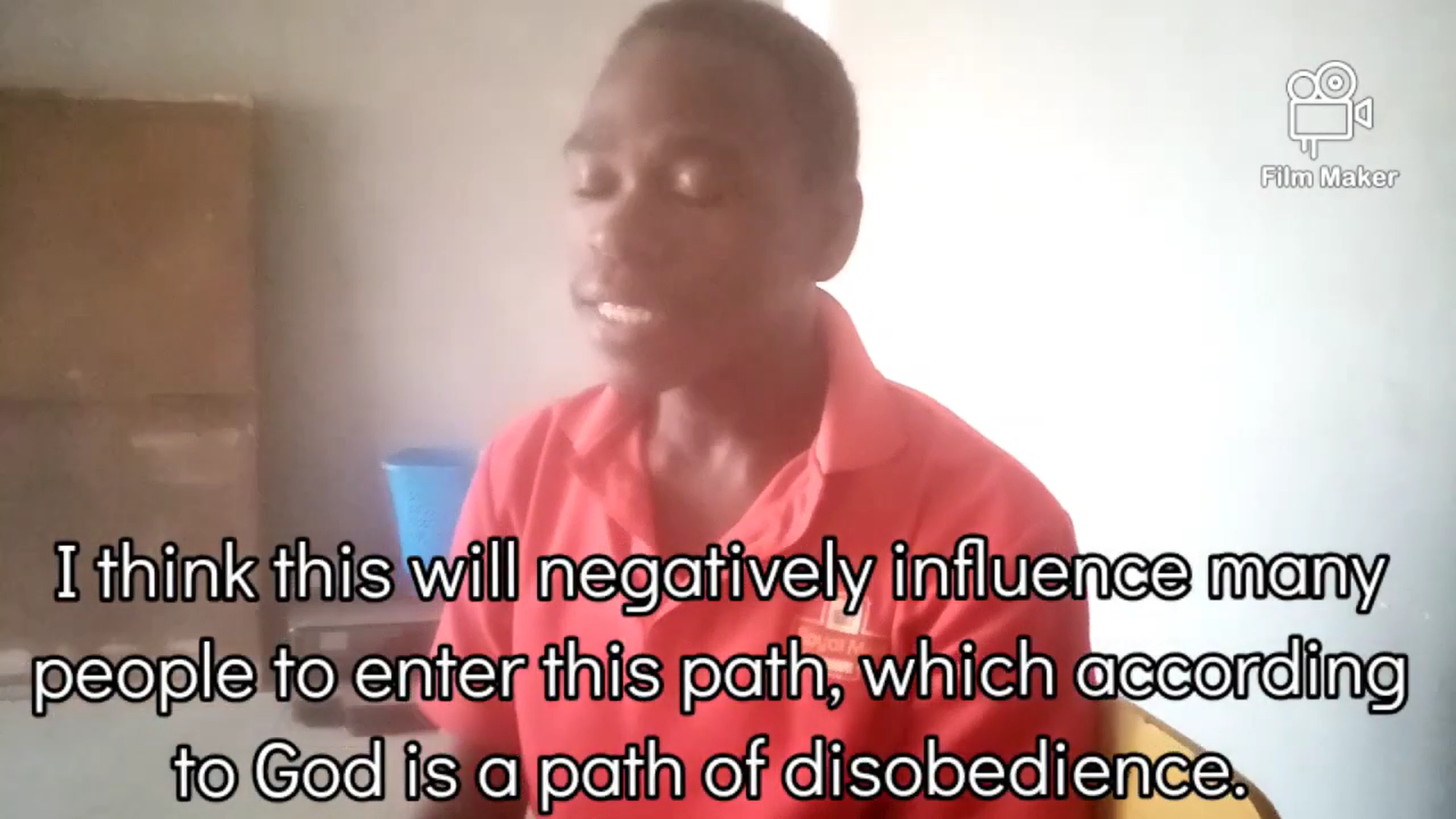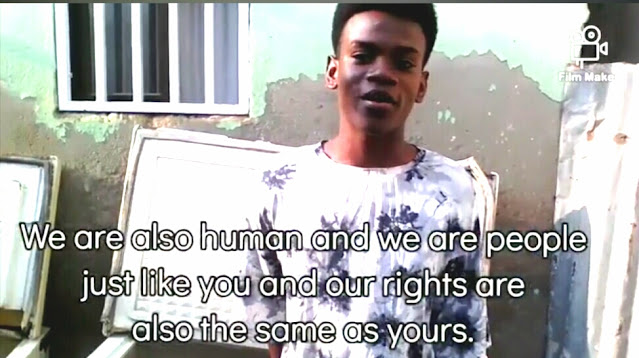Welcome to Room 2!
The African Network for LGBTI+ Activists and Allies Working on SDGs brings together LGBTI+ activists, civil society organizations (CSOs) and allies from across Africa, drawing on their very diverse and unique mix of resources and broad human rights advocacy experiences to support each other to achieve LGBTI+ inclusion and equality. Through this network, members are invited to brainstorm ideas and concepts, share lessons, and learn from each other across a range of issues and themes related to LGBTI+ inclusion, SDG integration, human rights, among others.
Thinking about the work done, the gaps that exist and the lessons learnt from the engagement of LGBTI+ persons in the SDG processes and how LGBTI+ issues feature in SDG processes and work, we need to identify some concrete commitments from LGBTI+ people, organizations and allies that will increase attention to sexual and gender diversity issues. These commitments will then form part of the CSOs and activist advocacy action plan that will be produced at the end of this discussion. The e-discussion report will further contribute towards the development of training tools for CSOs on Voluntary National Reviews (VNRs).
Please respond to one or more of the following questions, and indicate which question you are responding to in your post. Don't forget to press "Comment":
- What concrete actions should be prioritized for UNDP, LGBTI+ activists, and CSO allies to fill in the gaps that exist?
- How can the African Network for LGBTI+ Activists and Allies Working on SDGs increase attention to sexual and gender diversity issues in SDG-related processes?
- What are the specific SDGs that you or your organizations deems best to engage on sexual and gender diversity issues?
- What are some strategies that activists and allies in more restrictive contexts can use to advance sexual and gender diversity issues in SDG-related processes?
- How can we ensure that LGBTI+ people are not left behind in SDG-related work?
? Return to the main group page for background information or go directly in Room 1: The work, the gaps, and the lessons learnt.
? This platform has a translation function. Click on "Select your language" in the top right corner of your screen and choose the language of your choice. Also feel free to comment in languages other than English. And if you prefer to make a contribution anonymously, select the checkbox next to the comment box "Comment anonymously".




Hi Kene, thank you for highlighting a gap we are currently experiencing within SDG and development processes as well as your offerings on concrete action that can be and is being taken. In thinking deeply of your response to Question 1, I wonder if you could provide further insight on what action or strategies activists and allies in more restrictive contexts can advance sexual and gender diversity issues in SDG-related processes? (Question 4)
Thokozani Mbwana It is important to build solidarity and alliance with other groups and movements. We have observed that it is not only gender and sexual diversity issues that suffer in restrictive context but the whole spectrum of rights and democratic ideals. It is important for activities working on gender and sexuality to get involved on other issues, connect and build partnership with other civil society actors, learn about the issues they are working on and join them in their advocacy work and vice versa. That is how to truly break down the silos and build a critical mass of actors who can raise awareness and advocate for inclusion of gender and sexual diversity [as well a other issues] in the SDG processes.
Thank you Kene, for this expansion!